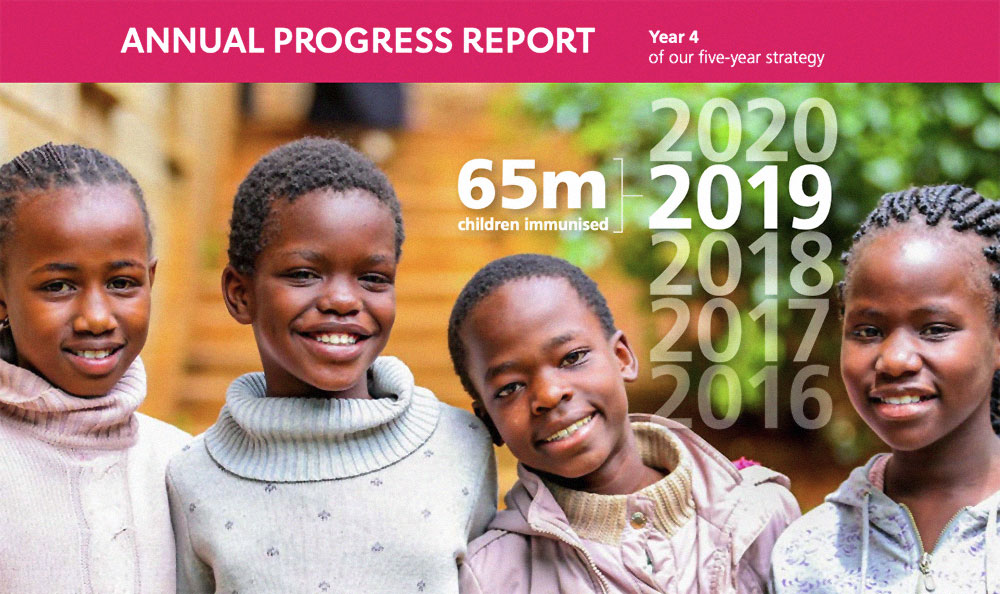Strong systems for strong vaccine coverage
In 2019, countries delivered more than 230 million routine vaccinations, a record number, supported by unprecedented levels of health system funding from Gavi to support immunisation and protect the most vulnerable children. Here is what Gavi did to drive significant progress in supporting health systems.
- 13 October 2020
- 3 min read
- by Gavi Staff

With support from the Vaccine Alliance, countries provided more than 400 million campaign and routine vaccinations in 2019. At the same time, Gavi disbursed a record US$ 331 million in health system support. This is nearly double the level of US$ 172 million in 2015, at the end of the previous five-year strategic period, and a significant increase from US$ 284 million in 2018. In June 2018, the Gavi Board agreed to make available additional HSS funding to countries with unmet needs to strengthen coverage and equity; 30 countries were approved in 2019 for a total of US$ 238 million, with a strong focus on extending immunisation to reach under-served communities.
Countries provided more than 400 million campaign and routine vaccinations in 2019.
In 2019, we made significant progress on a key area identified for improvement: the time taken to disburse cash grants to countries. Disbursement time was reduced from 18 months in 2018 to slightly under 11 months in 2019. If disbursements for vaccine introductions that were delayed by supply shortages are excluded from the numbers, this falls further – to slightly over 10 months. We will continue to work on this area in the next strategic period, when we expect improvements in portfolio management and other processes to further reduce the time from approval to disbursement.
Understanding the challenges of fragility
Ongoing challenges include how to support fragile countries and those affected by conflict, where coverage has fallen, and where the numbers of under-immunised and zero-dose children have increased since 2015. Gavi is strengthening our work with expanded partners that have expertise operating in humanitarian settings, including the International Organization for Migration (IOM), the International Federation of Red Cross and Red Crescent Societies (IFRC) and civil society organisations (CSOs), to help fragile countries make progress. Given that fragile countries account for a growing proportion of children who are not being reached by immunisation services, the Vaccine Alliance is reviewing how it can better support these countries in the next strategic period to 2025, as part of better differentiating and tailoring its support model to different country contexts.
Read more about how Gavi has accelerated equitable uptake and coverage of vaccines in Gavi’s 2019 Annual Progress Report.
More from Gavi Staff
Recommended for you










